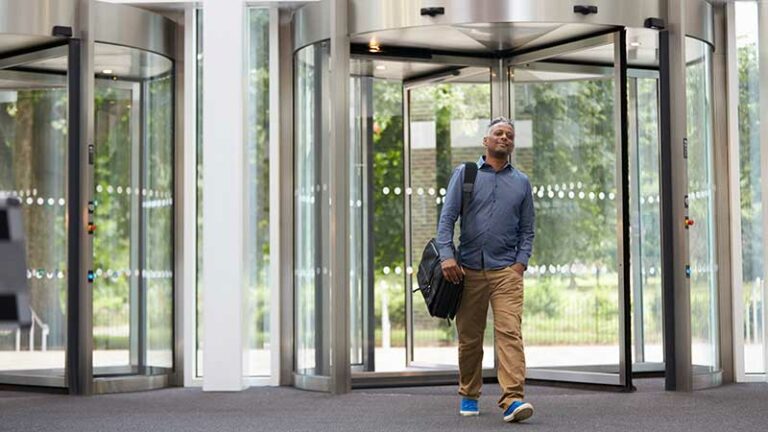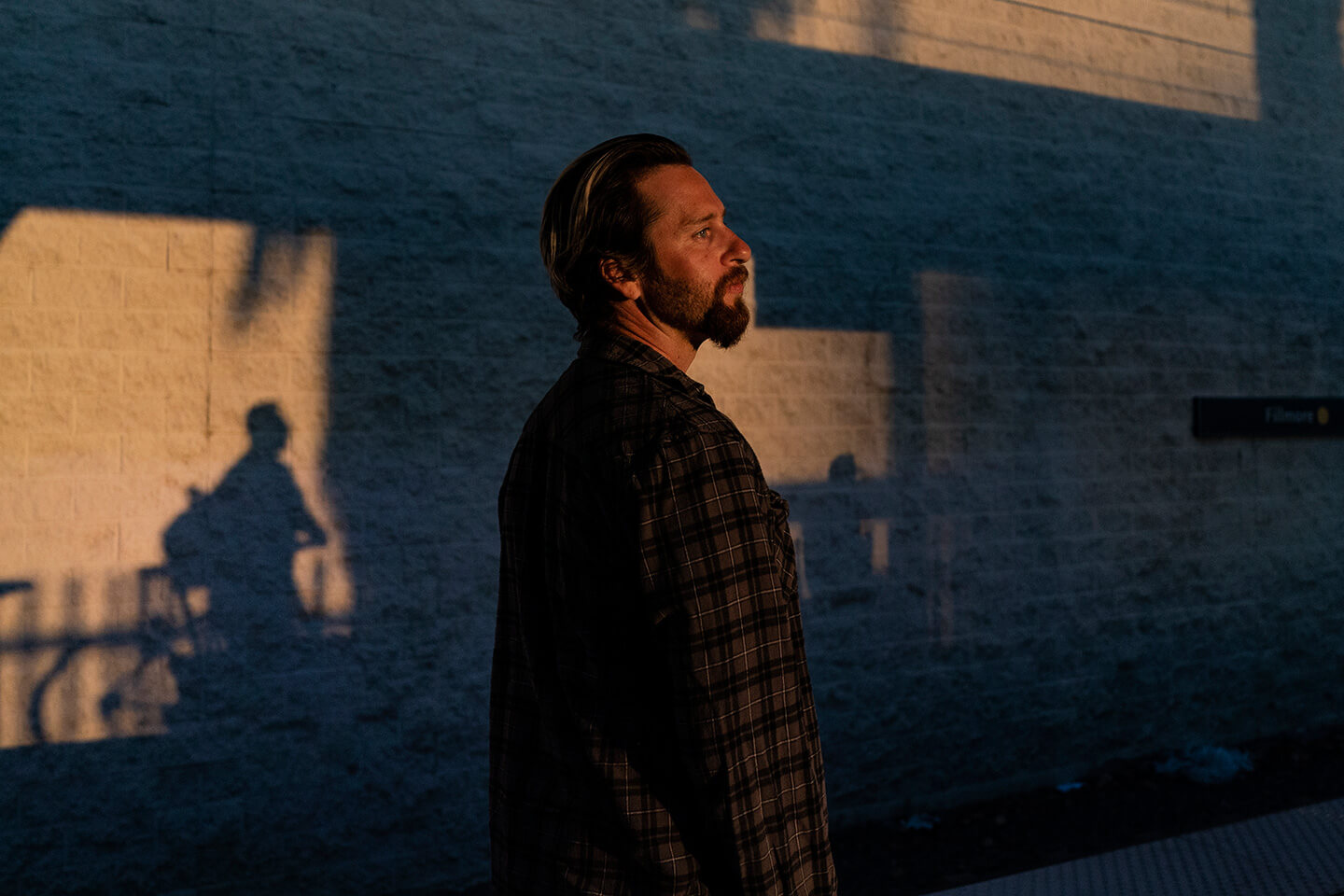


Today’s college climb
College wasn’t built for today’s students, because today’s students are much more than students. Lumina Foundation teamed up with documentary photographer Rachel Bujalski to capture a candid, close-up look at the lives of five students. Learn more about the barriers today’s students encounter.

Student Stories
We followed Rachel Bujalski to learn more about how photography can help us understand the barriers students face, what led Rachel to tell these stories, and how she hopes her work will influence thinking about ways to serve them better.
Learn More About the Reality of Today’s College Students
Who are today’s students?
Students today are older and more likely to be Black and brown. They work, live at home, and have family responsibilities.
Learn MoreWhat do today’s students need?
There’s a lot of discussion but little debate about what today’s students need.
Learn MoreWhat policies can help today’s students?
See what policies that higher learning advocates support.
Learn MoreFeatured Posts

Most adults who return to college can persevere and graduate—if they have enough time and financial support, a new report shows. Nearly three-quarters of the returning adults surveyed earned a postsecondary credential, and most who hadn’t still planned to do so.

The question we should be asking: “What don’t you want to major in?”
Efforts to help high school students choose a college major actually make things worse for most students—especially the most valuable among them. It all starts with the probing, anxiety-inducing question, “What are you going to major in?” Most students just defer to a major they have heard of as they don’t know what they want…

New hope for college students with ‘stranded’ transcripts
Ever started pulling at a string on a sweater and ended up with a fistful of yarn? That’s how I’ve felt while going into a deeper understanding of how and why holds are placed on a student’s transcript or enrollment and the impact that it has on students. But untangling these complexities is essential for…
NEWSLETTER AND PUBLICATIONS
Get higher ed and workforce news, delivered daily.
Lumina Daily News features top stories and reports from news sources we follow to keep up with the fast-paced worlds of work and learning.
Sign Up